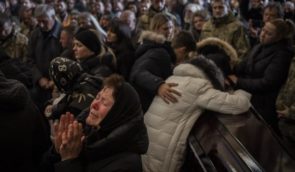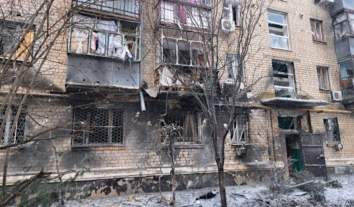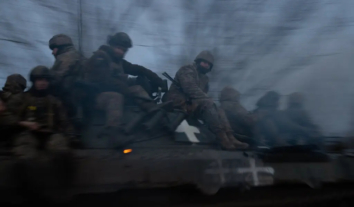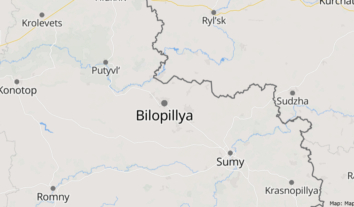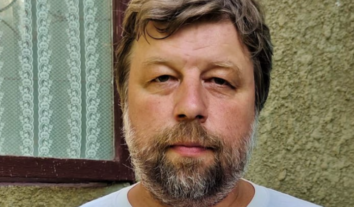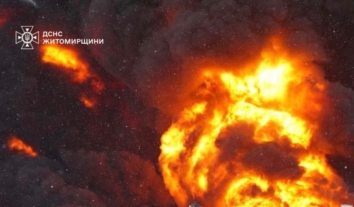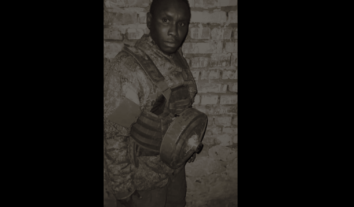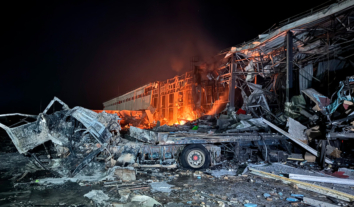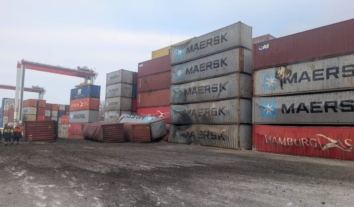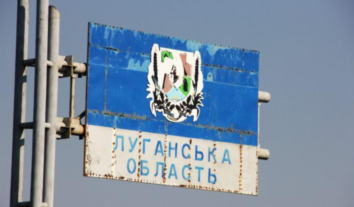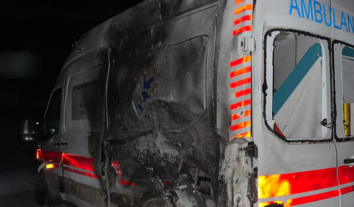UN report: 188 civilian casualties in eastern Ukraine over three months
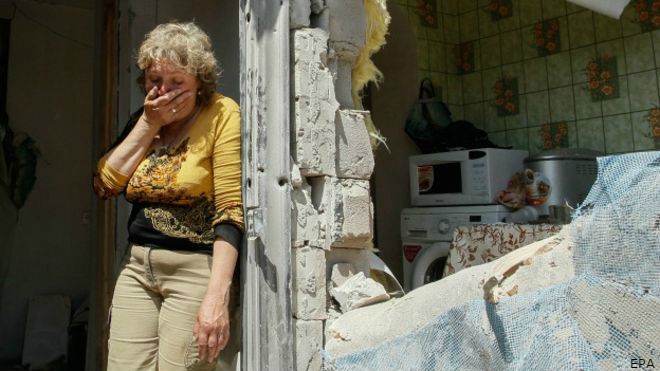
The human rights situation in eastern Ukraine deteriorated this summer compared to the previous reporting period. The number of civilian casualties within this period increased by 66%.
This is stated in the 15th report of the Office of the UN High Commissioner for Human Rights on monitoring in eastern Ukraine, presented in Geneva today.
The report, which covers the period from mid-May to mid-August, the deterioration of the human rights situation in eastern Ukraine is associated, particularly, with the escalation of hostilities in June and August and the continued disregard for the protection of civilians by both sides of the conflict.
In total, the UN Human Rights Monitoring Mission in Ukraine documented 188 civilian casualties in eastern Ukraine, including 28 dead and 160 injured, during the three months covered by the report.
Thus, by 15 September 2016, OHCHR recorded 9,640 conflict-related deaths and 22,431 injuries among Ukrainian armed forces, civilians and members of the armed groups since the conflict began in mid-April 2014.
“While the situation has improved since the ceasefire was restored on 1 September, the situation along the contact line remains deeply unstable, as demonstrated by the incidents which took place last week-end. In fact there is a real risk that a new outbreak of violence could happen at any time,” said UN High Commissioner for Human Rights Zeid Ra’ad Al Hussein.
As noted in the report, while more than half of all civilian casualties recorded in June and July resulted from shelling across the contact line, considerable number of civilians were also killed and injured by mines, explosive remnants of war and booby traps.
The number of civilians who died as a result of the secondary effects of violence, including lack of food, water, medicine or healthcare, remains unknown.
The report shows that civilians living in the conflict-affected area are deprived of protection, access to basic services and humanitarian aid, and that their freedom of movement is severely hampered.

